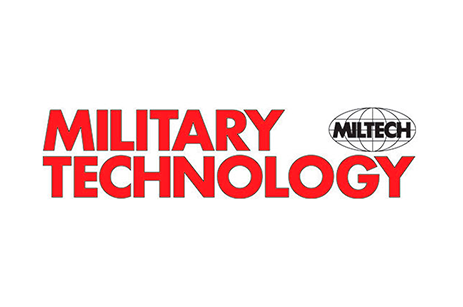
Published in Military Technology (MILTECH)
Written by Mark Patrick and Charlie Kawasaki
Faster communications and continually connected devices, in the form of 5G and ubiquitous devices connected in an IoT infrastructure, will significantly change our domestic lives. Or so we hear during the commercial breaks between news segments or read in the Sunday papers over coffee.
But is it just about faster data communications – or is there more at play and does this have ramifications for warfare preparedness? It turns out that there is much more in common between the race for supremacy in consumer and commercial communications and processing capability and the race for overmatch in the future battlespace.
Before exploring the technology, it is worth reflecting on the changing battlespace. Urban environments are a key focus of preparedness as we further modernize – some would say ‘futurize’ – our capability. Urban environments are complex to navigate, provide a myriad hiding placings and make asymmetric disruption and warfare harder to overcome from a planning and logistics perspective.
Urban environments present a more complex signals challenge – both naturally, due to reduced line-of-sight ranges, and because of active measures to deny and disrupt communications, a tactic of both near-peer and asymmetric adversaries. Measures to overcome network attacks typically reduce the bandwidth available for communication and reduce the number of simultaneous broadcasters and receivers over that bandwidth – devices are essentially forced to go quiet.
Read the full article.